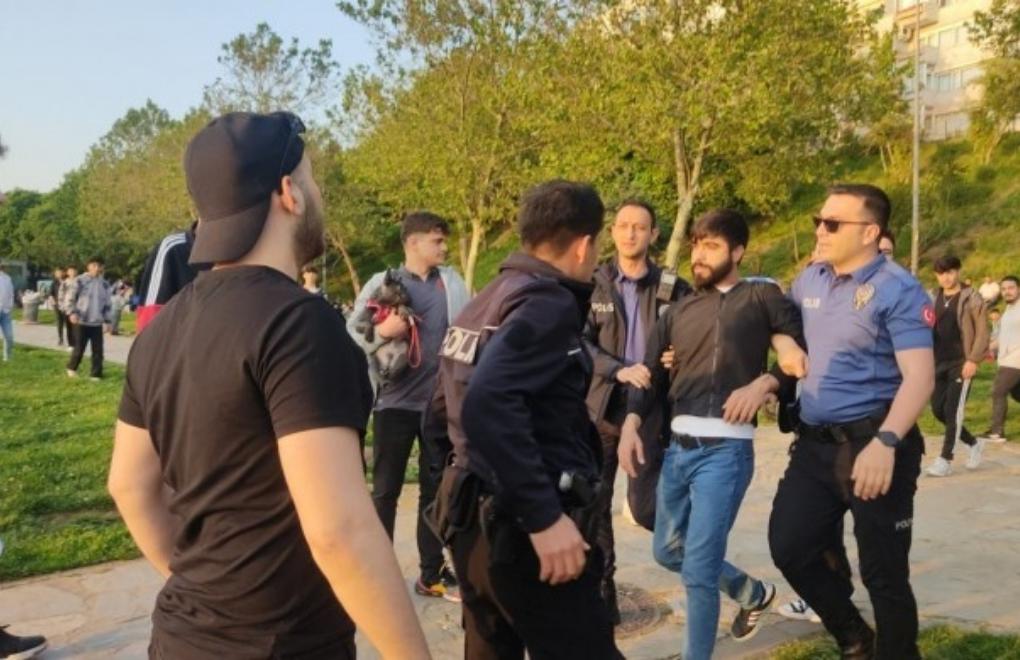Click to read the article in Turkish
The police clashed with a group of citizens yesterday in Kadıköy, İstanbul, using pepper spray and opening fire in the air.
The group was enjoying Kurdish music on the Moda shoreline and partcipating in traditional halay dance. The atmosphere quickly turned tense when the police intervened, initially confiscating the group's speakers. As tensions escalated, the police resorted to using pepper spray to disperse the crowd.
Amid the chaos, the situation took a disturbing turn when the police fired three shots into the air. The aggression continued as the police subjected four individuals to physical violence, leading to their detention.
Reports from Mezopotamya Agency revealed that the detained individuals were subjected to degrading treatment, including being forced to listen to the Ottoman march while restrained on the ground with handcuffs.
The Peoples' Democratic Party (HDP), in response to the incident, issued a statement demanding the immediate release of the young individuals who were subjected to police intervention and torture.
"Your hostility towards Kurds and your fascism will be your downfall. We will not allow this mentality to prevail!" said the party.
The detained individuals were later transferred to the Anadolu Courthouse in Kartal, where their legal procedures are currently ongoing.
Kadıköy Moda’da polisler halay çeken gençlere silah kullanarak müdahale ediyor. pic.twitter.com/6VkQYDSJWY
— Yasin Kobulan (@yasinkobulan) May 21, 2023
(TY/VK)




